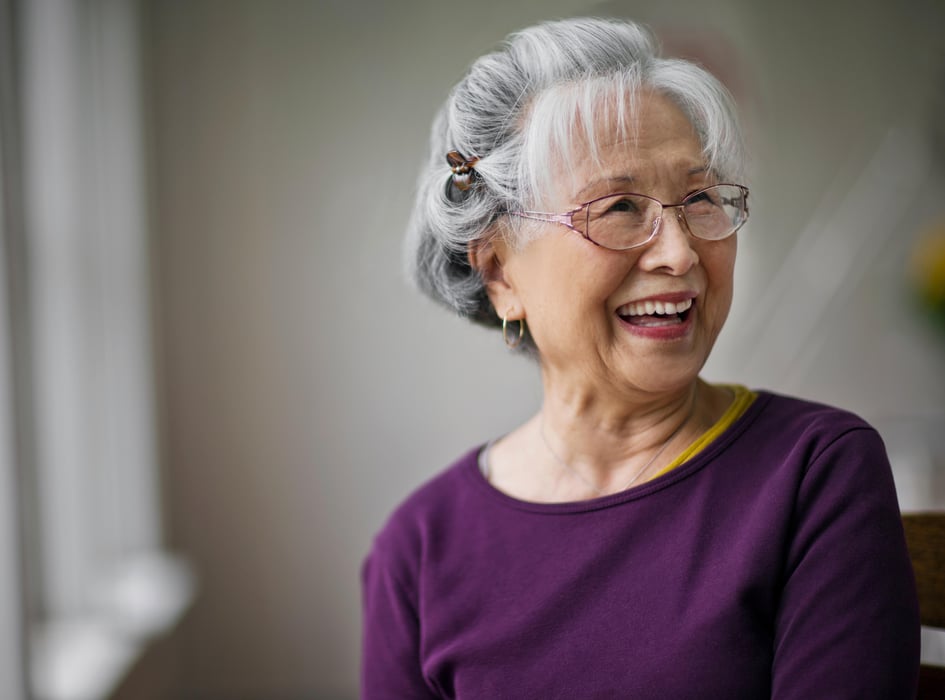Neighbors Make the Difference for Isolated Chinese-American Seniors

THURSDAY, Dec. 29, 2022 (HealthDay News) -- Living in tight-knit communities where neighbors are connected to one another helped improve health outcomes for older Chinese Americans, a new study found.
Rutgers University researchers used data from a study of more than 3,100 elderly Chinese people in the Chicago area to investigate whether the perception of trust and connection among neighbors had an impact on their risk of death.
The study found folks who lived alone and reported low interaction or connection with neighbors had a 48.5% higher risk of premature death than those who lived with someone else.
However, participants who lived alone but had strong neighborhood ties had a similar risk of death compared to those with housemates. The presence of helpful neighbors seemed to make a difference, researchers said.
"Older Chinese Americans who lived by themselves in neighborhoods with low cohesion were much more likely to die earlier than those who lived by themselves in neighborhoods with strong cohesion," said study author Yanping Jiang, an instructor at the Rutgers Institute for Health, Health Care Policy and Aging Research in New Brunswick, N.J.
About 27% of people ages 60 and up in the United States live alone, according to Pew Research Center.
Living alone has been linked to depression, heart disease, dementia, poor biological health and premature death.
Social policies can help create better neighborhood environments for promoting health of older adults, Jiang said.
"Our findings show the particular challenges faced by older adults who live alone in communities with little interaction or connection," she said in a Rutgers news release. "Enhancing neighborhood cohesion may be a promising way to reduce early death for older adults who live alone."
Future studies should examine other factors involved in neighborhoods and how they influence the health of older adults, researchers said. The public can help by reaching out and being kind to neighbors, particularly those who live alone.
Study findings appear in the January issue of the journal Social Science and Medicine.
Research was supported by the Rutgers-NYU Center for Asian Health Promotion and Equity and the National Institute on Aging.
More information
The Office of Disease Prevention and Health Promotion has more on healthy aging.
SOURCE: Rutgers University, news release, Dec. 13, 2022
Related Posts
Many Parents Do Not Recognize Impact of Screen Time on Eye Health
WEDNESDAY, July 27, 2022 (HealthDay News) -- Only half of parents recognize that...
El número de estadounidenses que portan pistolas cargadas sigue en aumento
LUNES, 21 de noviembre de 2022 (HealthDay News) -- Es más probable que nunca que...
Unas focas de puerto de Nueva Inglaterra murieron de gripe aviar: suena la alarma para los humanos
MIÉRCOLES, 15 de marzo de 2023 (HealthDay News) -- Una cepa de la gripe aviar...
Hubo un gran aumento en la enfermedad hepática alcohólica a principios de la pandemia
LUNES, 14 de febrero de 2022 (HealthDay News) -- Los primeros meses de la...
